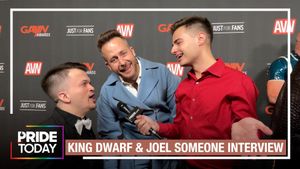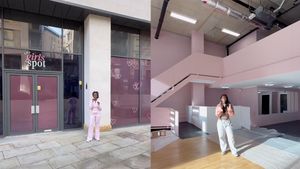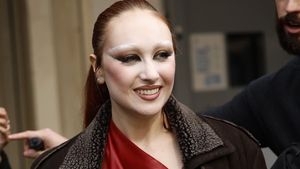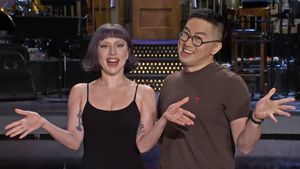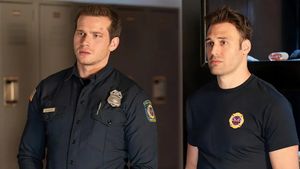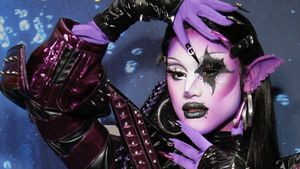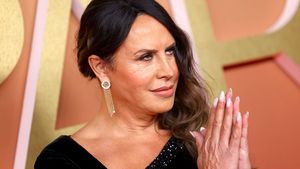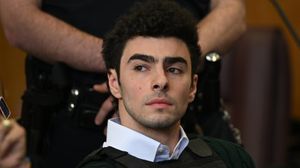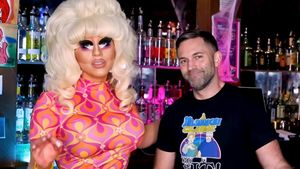My mother grew up on the U.S.-Mexican border of El Paso, Texas, and Juarez, Chihuahua, the latter a city where literally thousands of women have been murdered and discarded in recent years. It has always been a place steeped in violence and mystery; of cross-cultural relationships, Mexican drug cartels, and surreal desert-side worlds invisible to others. My mother left the area -- and a childhood of violence, dirt floors, and colorful riverside shanty towns -- with a couple of mental health disorders to show for it all.
So I was excited last year to tune in to a show set in that same world, as FX's The Bridgebrought us a unique and foreboding female-fronted (and resolutely feminist) crime thriller, a remake of a Danish-Swedish series of the same name (once translated). The Bridge centers on a serial killer who commits murders on both sides of that famous border (the title literally refers to the Bridge of the Americas, which is a border crossing between El Paso and Juarez), bringing together two types of TV cops we never see: Det. Sonya Cross, a woman with Asperger's syndrome, who is played by German actress Diane Kruger, and an ethical Mexican cop, Det. Marco Ruiz, played by the skillfully nuanced actor Demian Bichir.
 Right: Diane Kruger as Sonya Cross
Right: Diane Kruger as Sonya Cross
Both actors bring something to the show that speaks more subtly to LGBT viewers, a sense of difference, of not belonging, of struggling to be yourself in a world that doesn't undertand you and often doesn't want you. In many scenes, Kruger (who recently played a lesbian Marie Antioinette in Farewell, My Queen) as Cross tries to manage the social conventions she's supposed to undertstand but often fails, showing what life is like in her case for people on the autism spectrum, but also for anyone who fails to know the right thing to do, think, see, or speak. In one scene she tells a victim's husband, "I'm sorry if I didn't exercise empathy." She's not blase; she simply doesn't know how to do it right. (There's a bit of Bones' logical Temperance Brennan character, but without the know-it-all aspect.)
The thing is, Cross is alluring, frustrating, captivating. But she isn't the real reason to tune in. That nod goes to the show's lesbian character, a young Latina reporter named Adriana Mendez, who came out in the third episode and later got bumped up to series regular on the show. Mendez is played by Emily Rios, who many remember from the LGBT festival hit Quinceanera or as a lesbian on TNT's Men of a Certain Age. And she's one of The Bridge's most competent characters, shining with quiet brilliance.
 Left: Emily Rios as Adriana Mendez
Left: Emily Rios as Adriana Mendez
Her gayness is teling too. There was no giant coming-out, no social angst; she blithely comes out in the third episode by telling a coworker she's not interested in dating men. She's neither butch nor femme, Mexican nor American, innocent nor cynical -- she's all those things at times. She's straddling lines deftly, the way many of the lesbians in this country do.
As a reporter for the El Paso Times on the U.S. side, Mendez, a native of Juarez, is teamed with Matthew Lillard's Daniel, a drug-addicted veteran reporter with a sort of pansexual level of attraction to people, including a hot drag queen who turns him on in a Juarez bar.
The duo, both great at their jobs, cover the crimes that Cross and Ruiz are investigating, uncovering two cities and the people among them. Along the way, though, Mendez upends our ideas about what it means to be both a Latina and a lesbian in modern American.
That's what executive producer Meredith Stiehm wanted. She told the media (including AfterEllen) at the Television Critics Association event that the character was based on a woman she met years ago, who admitted that her lesbianism actually lifted her out of poverty.
"I just thought it was so interesting that it was this quiet, positive thing," Stiehm said. "This was a Mexican woman. She's like, 'I would have been pregnant at 19. At 14 I would have been on welfare. I just would have had what all my sisters have. And the reason [I didn't] was, I wasn't sleeping with boys.'"
Stiehm also admitted that the character could have been more marginal, but because the producers and writers "love her and she's got this sort of quiet charisma that I think is really effective," they made her role larger. It also allows the writers to tell the story of a lesbian who comes from a culture that's noted for being less open to same-sex relationships or gayness overall.
And here's the better rub. All the women on the show, including Annabeth Gish as a confounded widow, get better treatment than you'd expect from network television.
The show has gamely played the relationships between men and women -- Cross and Ruiz, Mendez and Daniel -- as sexless friendships, real partnerships, the kind where there isn't sexual tension and a season-long story arc about falling in love (speaking of Bones...). And that's part of its quiet feminist allure.
The second season promises even more, as Mendez and Cross are both surrounded by a web of money-laundering, warring drug cartels, and police corruptions. And onto the scene comes Franka Potente (the beloved star of Run Lola Run), playing a shunned Mennonite who dresses like a church lady but is ruthless and sinister and really damn scary beneath the facade.
You can catch up with The Bridge: The Complete First Season on DVD or tune into tonight's premiere on FX.
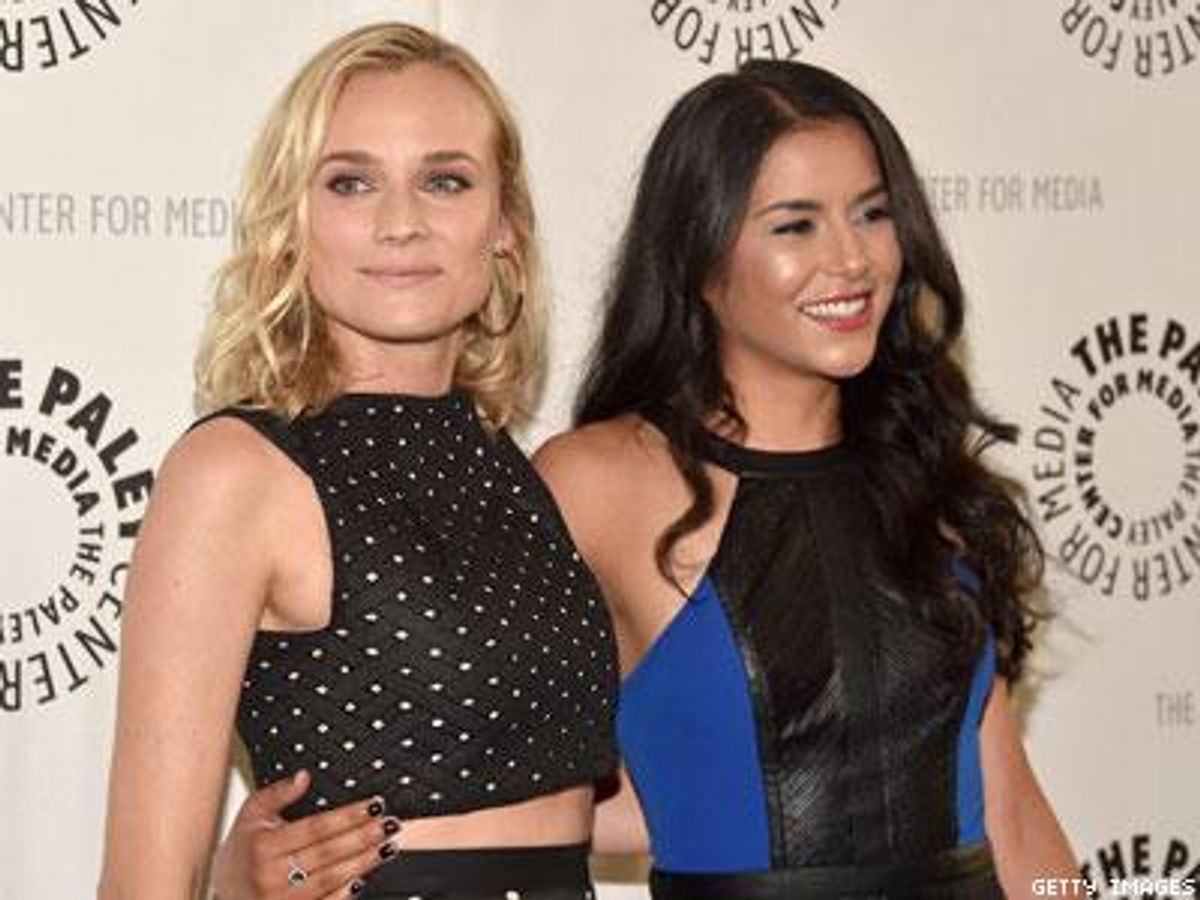


 Right: Diane Kruger as Sonya Cross
Right: Diane Kruger as Sonya Cross Left: Emily Rios as Adriana Mendez
Left: Emily Rios as Adriana Mendez









